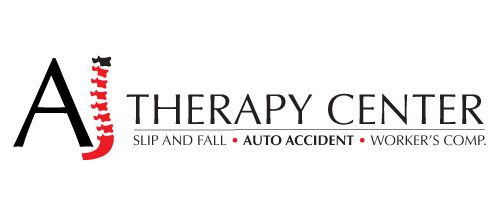Whiplash may not seem like a severe injury, but in one-third of whiplash cases, patients report neck pain up to a decade later. Some of these patients will have persistent neck pain for the rest of their lives.
The best way to prevent lifelong chronic pain is to seek immediate treatment. This treatment may include ultrasounds, massage, cold therapy, manual techniques, and other exercises.
Of course, to know if you need treatment, you need to know the warning signs of whiplash. Check out the guide below to find out more.
What Is Whiplash?
Whiplash is an injury that specifically affects the neck. Other words for whiplash include neck sprain or neck strain.
It can occur when the neck experiences a sudden extension, or straightening movement. It can also occur after a sudden flexion, or bending movement.
These sudden movements can damage the soft tissue in the neck. This is because the body spasms to protect itself. The impact of sudden movements, combined with body spasm, can cause nerve impingements and other injuries.
1. Your Neck Hurts
The number one sign of whiplash is pain in your neck, although not all whiplash patients feel this pain right away.
As previously stated, whiplash entails a sudden extension or flexion of the neck. These movements overstretch the neck, damaging the tendons and ligaments in there. These parts are known as soft tissue.
The pain in your neck may hurt when moving it, but it may also hurt to the touch.
2. Your Head Hurts
Not only will your neck hurt, but you may have a headache as well. This is a common symptom of whiplash.
This headache is related to your neck injury. The damage to the nerves and soft tissue in your neck may also reach your brain stem. This can cause a chronic headache.
It may feel as though the pain in your neck is spreading up to your head.
3. Your Shoulders Hurt
If the nerve damage can affect your brain stem, it can also affect your shoulders. The worst part about whiplash is how many other parts of the body it can affect.
If you feel pain in one shoulder, both shoulders, or between the shoulders, it is likely a part of your whiplash.
4. You Feel Dizzy
Sudden movements are not only bad for your neck, but other body parts as well. Whiplash may even cause persistent dizziness for years.
Doctors believe the dizziness is not caused by brain injury, but inner ear injury. Vestibular nerve injuries can be difficult to recover from.
5. You Can’t Focus
Some whiplash patients complain of neurological problems after their injury. These include concentration problems and memory problems.
These indicate a more serious brain trauma that may have accompanied the whiplash during the traumatic event. You should seek immediate medical treatment should you experience this symptom.
Get Whiplash Treatment
If you or a loved one may have whiplash, it’s important to have a physical exam as soon as possible. After the condition is confirmed, seek out a medical professional for whiplash treatment.
At AJ Therapy Center, we have bilingual doctors, physical therapists, and staff ready to help with neck-related injuries. To start your treatment right away, don’t hesitate to contact us.

